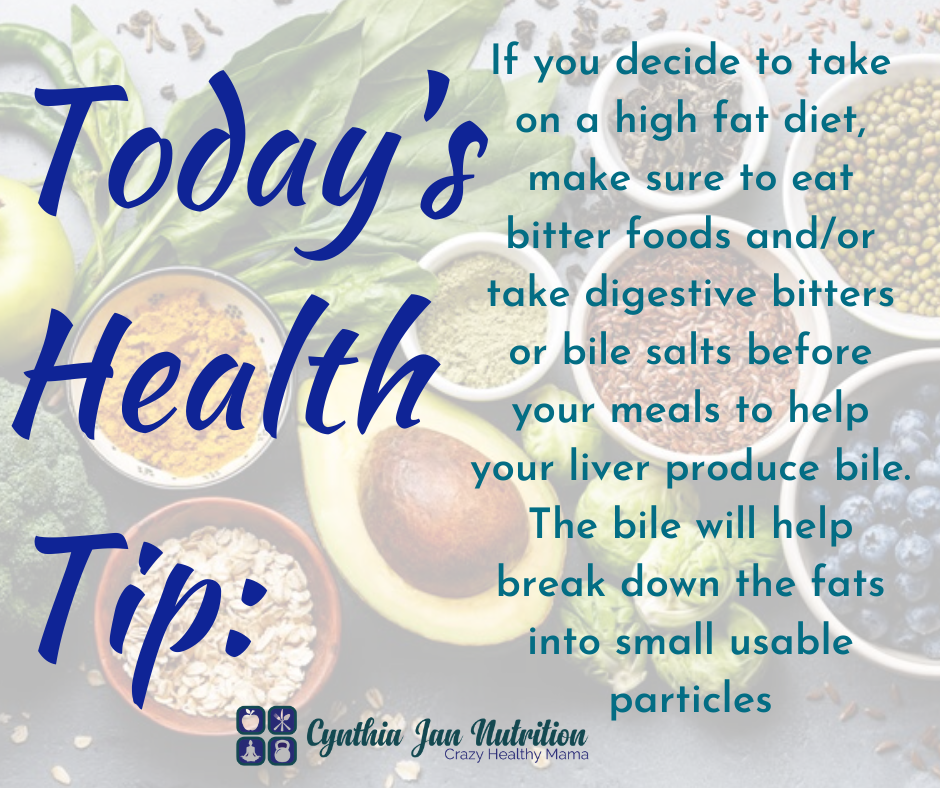Chronic stress:
Almost everyone I meet has high levels of stress. The problem is that we are dealing with chronic stress rather than acute stress. This means that people are constantly in a sympathetic state of “fight or flight” instead of a parasympathetic state of “rest and digest”. Your adrenal glands are continuously releasing cortisol, adrenaline and other hormones to get you ready to deal with the “threat” that is in front of you. However, most people don’t have an imminent threat, it’s just day to day stress that has gotten the body confused. Trying to heal your body when you are chronically stressed is almost impossible. People often want to lose weight or fix their hormones or feel better about themselves but stress often blocks any progress. When you’re stressed you’re not digesting properly, your thyroid isn’t functioning properly either1. You’re not sleeping properly so the body’s natural processes which normally occur during this period aren’t happening completely or happening at all. If you’re trying to conceive a baby, stress won’t help you. Stress depletes you. Believe it or not but chronic stress can lead to atrophy of the brain, affecting cognition and memory2. Stress can be either a triggering or aggravating factor for many diseases and pathological conditions2. Dealing with stress and lowering stress levels to below 5/10 is a must if you want to get your health in order.
Protein:
Proteins are made up of amino acids which essentially are chemical ‘building blocks’. These proteins build and repair muscles and bones and make hormones and enzymes. They can also be used as an energy source. Protein is an important building block of bones, muscles, cartilage and skin. Your body also uses it to build and repair tissue. Red blood cells contain a protein compound that carries oxygen throughout the body. The daily recommended intake of protein for an adult is currently set at 0.8 g of protein per kg of body weight 3,4. However this recommendation is way too low and is really only the minimum protein intake we need. We should be aiming for at least 1.2 to 1.6 g of protein per kg of body weight, daily. Some even say we need 1 g per lb of lean body mass. No matter what, the most important thing is to calculate your daily protein needs and slowly increase your protein intake with quality proteins every day. You’ll want to make sure the first meal of the day includes at least 30 grams of protein (can vary depending on your weight). If you are using vegan protein, you’ll want to add some BCAA’s for its leucine content which helps get your body in an anabolic (build up) state where the amino acids will help build your muscle. It is unfortunate but we do lose muscle mass as we age so making sure we increase our protein needs becomes even more important to avoid future complications5.
Daily movement:
Most people I meet do not move during the day. Some workout in the morning before work or in the afternoon after work which is a great thing, however they are sedentary most of the day. And other people do not move at all. It’s important to note that, “Physical inactivity is a modifiable risk factor for cardiovascular disease and a widening variety of other chronic diseases, including diabetes mellitus, cancer (colon and breast), obesity, hypertension, bone and joint diseases (osteoporosis and osteoarthritis), and depression”6. Moving is one of the most important aspects to incorporate into our daily lives to lead a healthy life. If you work at an office or home where you’ll be sitting most of the day, it’s really important to walk before work, take a few breaks during the day to move, stretch and walk if you can. During your lunch hour, eat your lunch and then go for a walk, outside preferably. Walking after supper is also a great habit to pick up as it will help your digestion tremendously. In addition to walking, practice a sport, go to a gym, move with your kids. Whatever you do, just move!
1. https://www.ncbi.nlm.nih.gov/pmc/articles/PMC9664770/
2. https://www.ncbi.nlm.nih.gov/pmc/articles/PMC5579396/
3. https://www.healthlinkbc.ca/healthy-eating-physical-activity/food-and-nutrition/nutrients/quick-nutrition-check-protein#:~:text=Most%20adults%20over%2019%20years,(kg)%20of%20body%20weight.
4. https://www.health.harvard.edu/blog/how-much-protein-do-you-need-every-day-201506188096#:~:text=The%20Recommended%20Dietary%20Allowance%20(RDA,meet%20your%20basic%20nutritional%20requirements.
5. https://www.ncbi.nlm.nih.gov/pmc/articles/PMC6202460/
6. https://www.ncbi.nlm.nih.gov/pmc/articles/PMC1402378/



